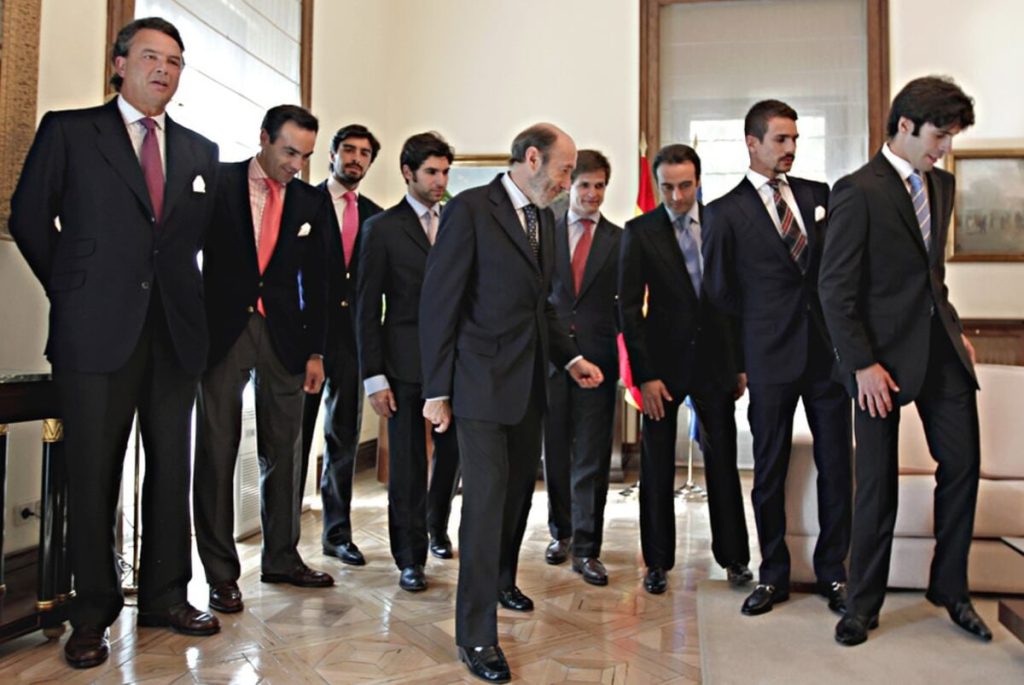The Minister of Culture, Ernest Urtasun, has decided to eliminate the National Bullfighting Prize, which annually highlighted a relevant figure in the sector since 2013. This decision comes as a blow to the sector, as the central government, despite not being known for its support of bullfighting, maintains it in the Ministry of Culture and appoints an openly anti-bullfighting minister, seemingly intent on causing harm. Meanwhile, the autonomous communities that have made bullfighting a political emblem manage the sector from departments related to security, interior, environment, agriculture, public service, presidency, or justice.
Both the national and regional governments seem to be forgetting the letter and spirit of the 2013 law for the regulation of bullfighting as cultural heritage. The preamble of this law states that bullfighting is part of the common historical and cultural heritage of the Spanish people and deserves to be preserved as a treasure of the country, emphasizing its cultural significance unrelated to ideologies. The law acknowledges the unanimous acceptance of bullfighting as an essential part of Spain’s artistic, cultural, and ethnographic heritage, affirming the responsibility of public authorities to ensure the freedom of creators and respect towards bullfighting.
The decision to transfer the competences of bullfighting from the Ministry of Interior to the Ministry of Culture was made in 2011 under the government of José Luis Rodríguez Zapatero, considering bullfighting as an artistic discipline and cultural product. This move allowed some autonomous communities to elevate bullfighting to the status of Cultural Heritage. However, since then, the Ministry of Culture has limited its promotion and support for bullfighting to annual awards and recognitions, such as the National Bullfighting Prize, which has now been eliminated.
Despite the rhetoric of the cultural importance, economic significance, and environmental commitment of bullfighting, the autonomous communities struggle to give the sector its deserved place in the government structure and allocate proper budgetary support. The distribution of responsibilities regarding bullfighting varies across different autonomous communities, with some placing it within the Department of Culture and others within departments such as Interior, Agriculture, or Justice. The inconsistency in the treatment of bullfighting reflects a lack of clarity and commitment to its cultural significance.
Politicians in both the central government and the autonomous communities seem to disregard the cultural heritage status of bullfighting, ignoring the provisions of the 2013 law. Despite claiming to be supporters of bullfighting, their actions suggest otherwise, displaying a lack of genuine interest or understanding of the cultural value of bullfighting. The neglect of bullfighting as cultural heritage by political leaders raises questions about their true commitment to preserving and promoting this traditional art form. The cultural significance of bullfighting remains a contentious issue in Spain, with conflicting views and approaches among different political entities and regions.


